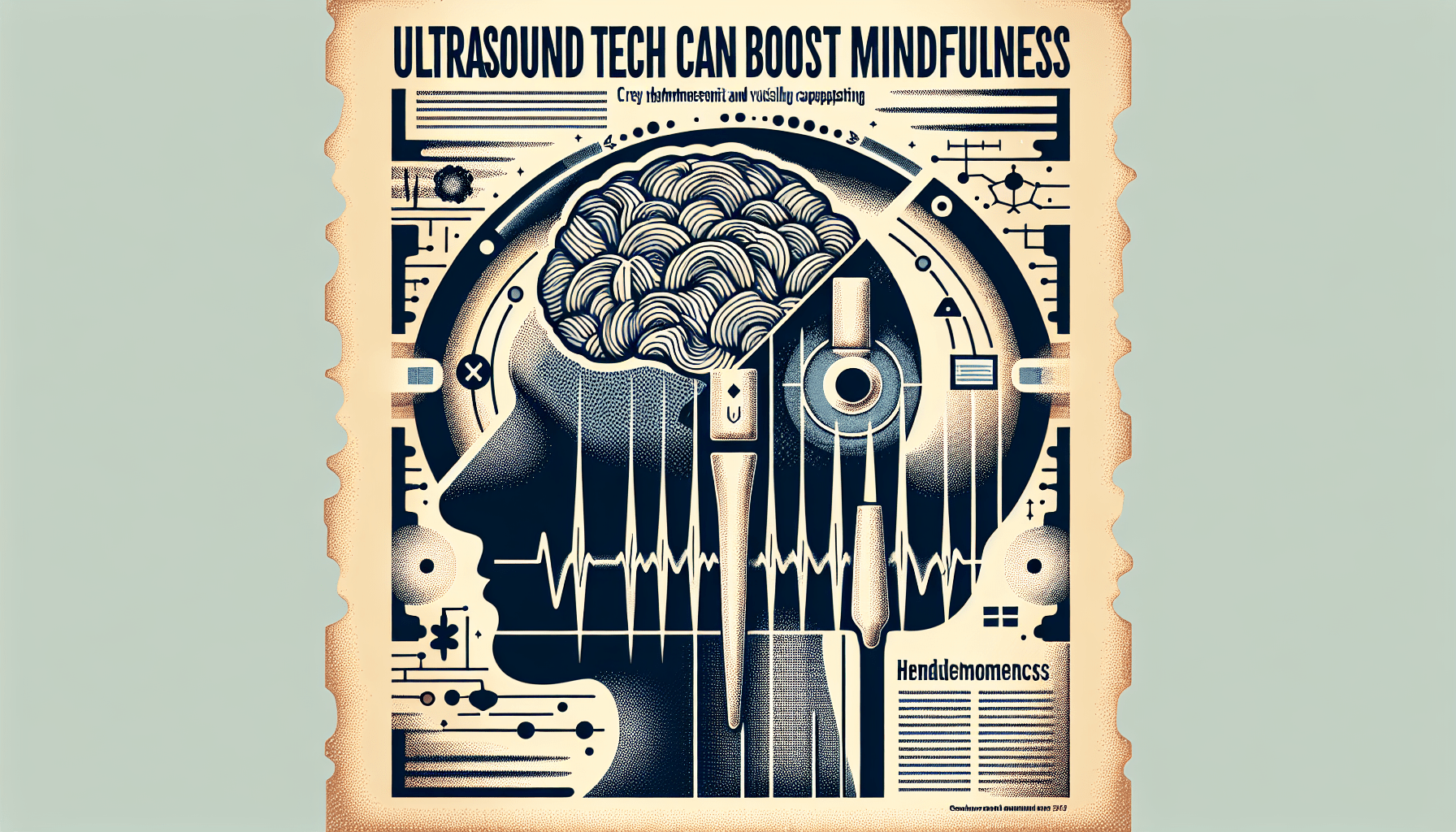Are you feeling overwhelmed with deadlines, meetings, and seemingly endless tasks that never give you a moment to breathe? Work stress is a common challenge that many face, but it doesn’t have to control your life. You can manage work stress effectively with some healthy habits and strategies. This article details seven practical and healthy ways to manage work stress to enhance your well-being and find balance in your life.
1. Engage in Meditation or Deep Breathing Exercises
Taking two minutes out of your busy schedule to engage in meditation or deep breathing exercises can significantly reduce stress and calm your mind. These practices help center your thoughts, promote relaxation, and lower your stress levels.
Benefits of Meditation and Deep Breathing
Meditation and deep breathing exercises have numerous benefits. These benefits include reduced anxiety, improved focus, enhanced emotional health, and an overall sense of calm. By adopting these practices, you can develop better coping mechanisms for the stressors at work.
How to Practice
You don’t need any special equipment to start. Find a quiet spot, close your eyes, and take deep, slow breaths. Focus on inhaling through your nose and exhaling through your mouth. Repeat for two minutes, gradually increasing the time as you become more comfortable with the practice.
2. Establish a Workout Routine
Physical activity is one of the most effective ways to combat stress. Engaging in a workout routine, whether it involves yoga, mindful exercises, or running, can significantly reduce stress and anxiety.
The Impact of Exercise on Stress
Exercise has been proven to boost your mood by increasing the production of endorphins, also known as “feel-good” hormones. It also promotes better sleep, which is crucial for reducing stress levels.
Types of Exercises
- Yoga: Improves flexibility, balance, and relaxation.
- Mindful Exercises: Activities like Tai Chi encourage mental focus and calm.
- Running: Increases cardiovascular health and endurance.
How to Get Started
Choose an activity that you enjoy and can consistently incorporate into your routine. Start with small, achievable goals, and gradually increase the intensity and duration of your workouts.
3. Break Down Tasks and Create a To-Do List
Feeling overwhelmed by large projects or numerous tasks? Breaking down tasks into manageable steps and creating a to-do list can help you manage stress and stay organized.
Benefits of To-Do Lists
- Increased Focus: Prioritizing tasks allows you to concentrate on what truly matters.
- Reduced Overwhelm: Smaller tasks are less intimidating and easier to tackle.
- Enhanced Productivity: Tracking progress keeps you motivated.
How to Create Effective To-Do Lists
- Identify Tasks: List all tasks that need completion.
- Prioritize: Determine which tasks are high-priority and require immediate attention.
- Break Down: Divide larger tasks into smaller, achievable steps.
- Track Progress: Check off completed tasks to visualize your progress.
4. Take Regular Breaks
Working continuously without breaks can lead to burnout and increased stress levels. It’s essential to step away from your desk and take small breaks to recharge mentally and physically.
Benefits of Regular Breaks
- Enhanced Focus: Short breaks can improve concentration.
- Reduced Fatigue: Prevents both mental and physical exhaustion.
- Improved Well-Being: Offers a moment to relax and refocus.
Suggestions for Break Activities
- Stretching: Helps reduce physical tension and improve circulation.
- Walk: A brief walk can refresh your mind and body.
- Breathing Exercises: Short breathing exercises can help you refocus.
How to Implement Breaks
Set a timer to remind yourself to take a break every hour or so. Use this time to move away from your work area and engage in activities that relax you.
5. Maintain a Work-Life Balance
Achieving a healthy work-life balance is critical for preventing burnout and ensuring that you have time for personal activities and self-care.
Importance of Work-Life Balance
- Stress Reduction: Reduces the constant pressure associated with work.
- Personal Fulfillment: Ensures you have time for hobbies, family, and relaxation.
- Mental Health: Prevents chronic stress and promotes overall well-being.
Tips for Achieving Work-Life Balance
- Set Boundaries: Define clear boundaries between work and personal time.
- Prioritize Personal Time: Make time for activities you enjoy and that help you unwind.
- Manage Time Effectively: Plan your schedule to include both work responsibilities and personal time.
Examples of Work-Life Balance Activities
| Activity | Benefit |
|---|---|
| Spending Time with Family | Strengthens emotional bonds |
| Hobbies | Provides a creative or relaxing outlet |
| Self-Care Activities | Enhances mental and physical well-being |
6. Communicate with Supportive Colleagues or Friends
Having a network of supportive colleagues or friends can make a significant difference in managing work-related tension. Sharing concerns and seeking advice can provide emotional relief and new perspectives.
The Role of Social Support
- Emotional Support: Friends and colleagues can provide a listening ear and understanding.
- Advice and Insights: They may offer solutions or suggestions for managing stress.
- Feeling Connected: Reduces feelings of isolation and promotes a sense of belonging.
How to Build a Support Network
- Open Communication: Be honest about your feelings and stressors.
- Seek Out Positive People: Surround yourself with those who offer constructive support.
- Offer Support: Provide help and support to others, fostering a reciprocal relationship.
7. Focus on a Balanced Diet and Quality Sleep
Your diet and sleep quality have a profound impact on your overall health and stress levels. Maintaining a balanced diet and ensuring adequate sleep can enhance your mental health and resilience to stress.
The Connection Between Diet, Sleep, and Stress
- Balanced Diet: Proper nutrition supports brain function and emotional stability.
- Quality Sleep: Adequate rest improves cognitive function and reduces stress.
Nutritional Tips for Stress Reduction
- Eat Regularly: Avoid skipping meals to maintain steady energy levels.
- Include Nutrients: Focus on a diet rich in vitamins, minerals, and antioxidants.
- Hydrate: Drink plenty of water to stay hydrated and alert.
Sleep Hygiene Practices
- Regular Sleep Schedule: Go to bed and wake up at the same time every day.
- Create a Relaxing Environment: Ensure your bedroom is conducive to sleep.
- Limit Screen Time: Avoid screens at least an hour before bedtime.
Example of a Balanced Diet Plan
| Meal | Food Items | Nutrition Benefit |
|---|---|---|
| Breakfast | Oatmeal with fruits | High in fiber, vitamins, and energy |
| Lunch | Grilled chicken salad | Protein-rich, vitamins, and minerals |
| Snack | Nuts and yogurt | Healthy fats and probiotics |
| Dinner | Steamed vegetables with quinoa | Rich in nutrients and helps digestion |
Managing work stress is not about eliminating the pressures of your job but about finding healthy and sustainable ways to cope with them. By integrating these seven strategies into your daily routine, you can significantly enhance your mental and physical well-being, enabling you to handle work challenges more effectively. Remember, it’s essential to be kind to yourself, seek support when needed, and prioritize your health and happiness.
For further insights on how industry leaders are addressing the mindset of Gen-Z in the workplace, find out more in our latest article.
Thank you for investing in your well-being and taking the steps to manage work stress. Your journey toward a balanced and stress-free work life starts today.







